Whenever I think of the early 1990s, it hits me like a half-remembered melody from a mixtape someone made just for me—the kind you played until the tape wore thin, because it was the only thing that ever made you feel understood. That time wasn’t just a backdrop. It was a frequency I lived on. Everything felt heavier, louder, harder to reach—and for that very reason, infinitely more real. There were no shortcuts to connection. No digital scaffolding holding up half-hearted friendships. You either showed up or you didn’t—and when you did, it mattered.
I miss the 1990s the way you miss someone who understood you before the world convinced you to tone it down. It’s not nostalgia. It’s not aesthetic. It’s grief for a time that had the balls to be imperfect—loud, messy, inconvenient, analog—and honest. It was a decade that didn’t apologize for being hard to love. A decade that made you work for everything—relationships, music, connection, identity—and in that work, it made everything matter.
Back then, friendship wasn’t frictionless. It wasn’t pre-approved by shared interests on a glowing screen or curated through a fucking algorithm. It was earned through showing up. Calling someone’s house phone. Hoping their dad didn’t answer. Risking awkwardness. Waiting too long on a street corner. Writing letters and not knowing if you’d ever get one back. You found your people by accident and kept them on purpose. There was no instant gratification. You either put in the time or you lost them.
We weren’t accessible 24/7. We didn’t carry the whole world in our pockets. If someone wanted to reach you, they had to try. They had to leave a message on your answering machine, or better yet, show up unannounced because sometimes you just needed someone to come knock on your door and ask if you were okay. You didn’t have five backup options waiting in your DMs. You had them—and that was it. So you held on.
The music wasn’t background noise. It wasn’t built for dance challenges or streaming numbers. It was the truth you couldn’t say out loud. We didn’t just hear music. We belonged to it. We lived in it. We wore it like second skin. The first time I heard “Closer to Fine” by the Indigo Girls, it felt like someone had been reading my diary with a flashlight. That’s what music used to do—it saw you, held you, gutted you, healed you. Not because it was engineered to do so, but because it was written by people who had no other way to survive.
We’ve lost the depth. The edges. The awkwardness that made things real. Now it’s all packaging. Connection has been reduced to a marketing strategy. Vulnerability is a performance. Truth is edited down to whatever’s digestible. Even sadness has a brand identity now. Everyone’s busy performing authenticity while being careful not to scare anyone with actual emotion. God forbid you cry without subtitles or rage without a call-to-action. Everything raw gets sanded down into content.
And still—we’re supposed to call this progress.
We used to sit in parking lots at midnight, chain-smoking and solving the world’s problems with a Tori Amos CD and one working headlight. That was connection. That was intimacy. No one took pictures. No one performed. No one was thinking about optics or algorithms or how it would all look on a feed. We were there. Fully. Unapologetically. We said the wrong things. We overreacted. We forgave. We stayed. We were too much—and it was enough.
I miss the weight of everything. I miss the way it all cost something. Every song, every photograph, every friendship. You didn’t get a hundred chances to get it right. You had to mean it the first time. You had to show up when it mattered or risk losing the moment forever. And that risk—that tension—is exactly what made it real.
Now? Everyone’s disposable. Every conversation feels like a placeholder. Every “I miss you” sounds like a default setting. No one means anything because no one stays long enough to prove they do. We’ve gamified being human, and we’re surprised we feel hollow.
I don’t want to be “seen.” I want to be known. There’s a difference, and the world today has no goddamn clue what it is.
I miss blurry photographs and overexposed memories that lived in shoeboxes, not in cloud storage. I miss showing up to someone’s door without warning, because you just had to see them. I miss silence that wasn’t awkward. I miss the pause in a conversation that meant someone was really thinking before they answered. I miss when “I love you” felt risky, not rehearsed.
And maybe—just maybe—I miss the version of myself that didn’t question whether being intense was too much. I miss the girl who didn’t filter her feelings, who didn’t pace her words, who trusted that if she cared hard enough, the world would care back. The girl who didn’t have to explain herself. Who didn’t have to make herself easier to swallow.
Maybe what I miss most about the 90s… is her.
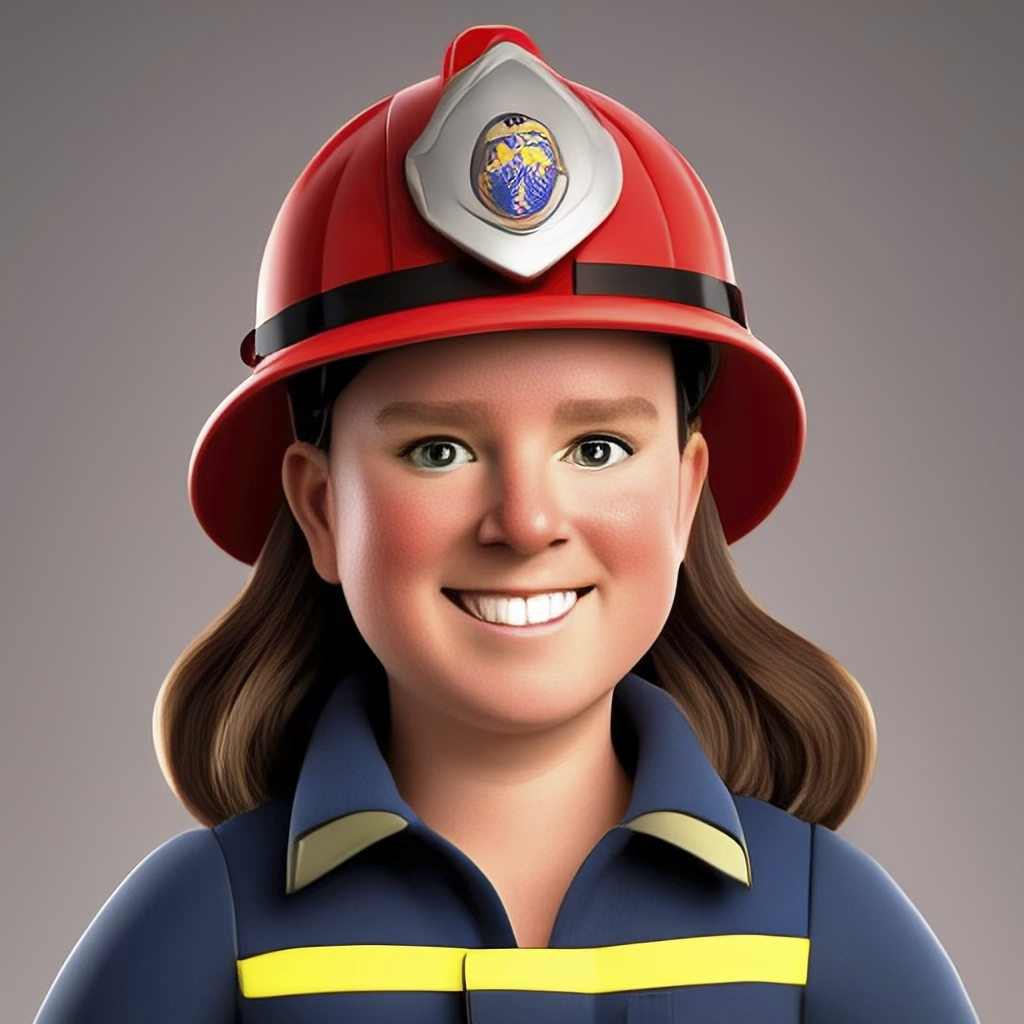
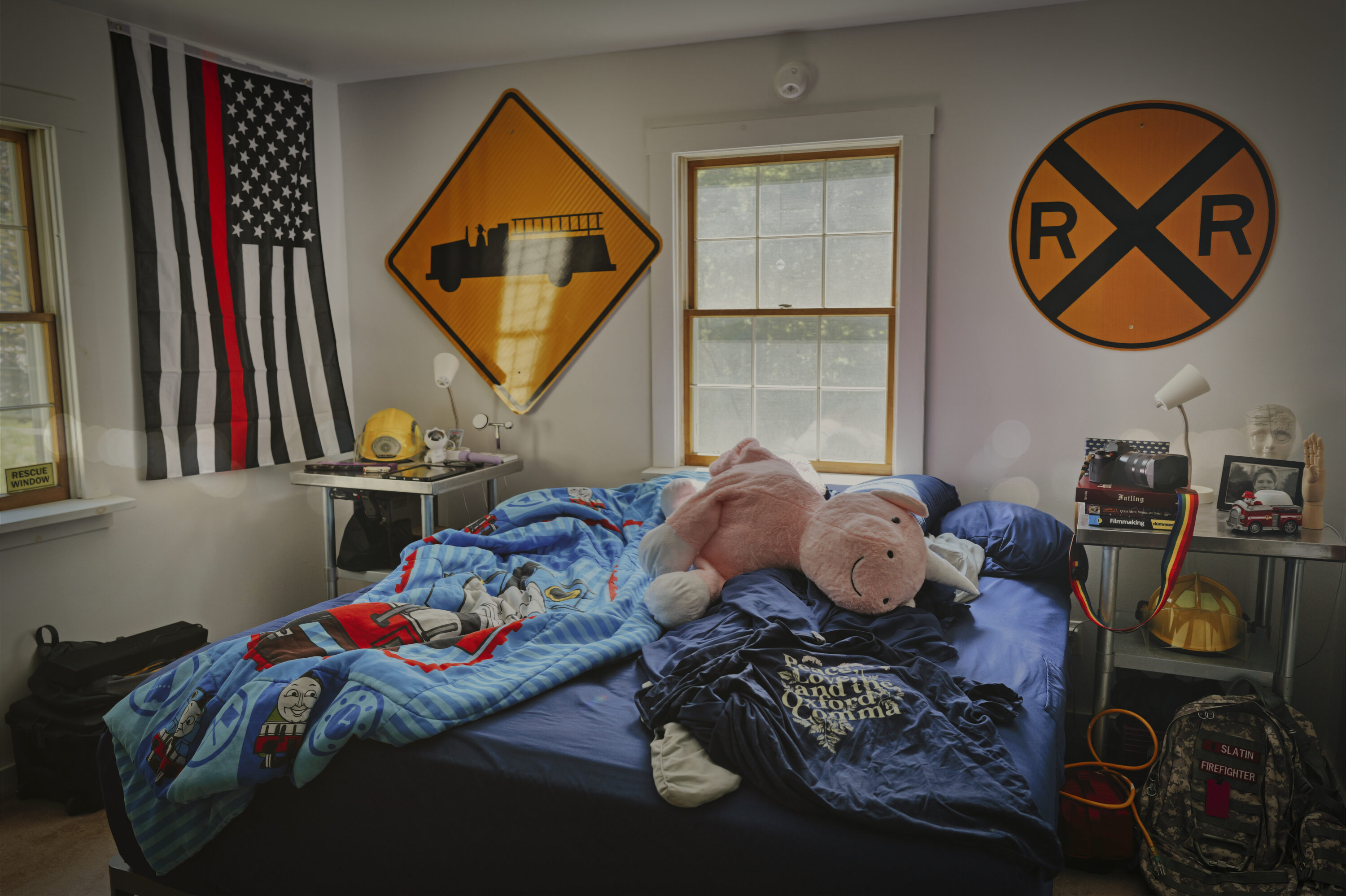

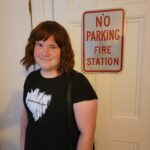




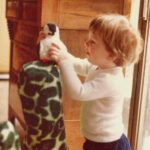
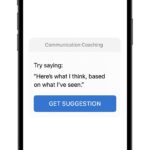
Leave a Reply